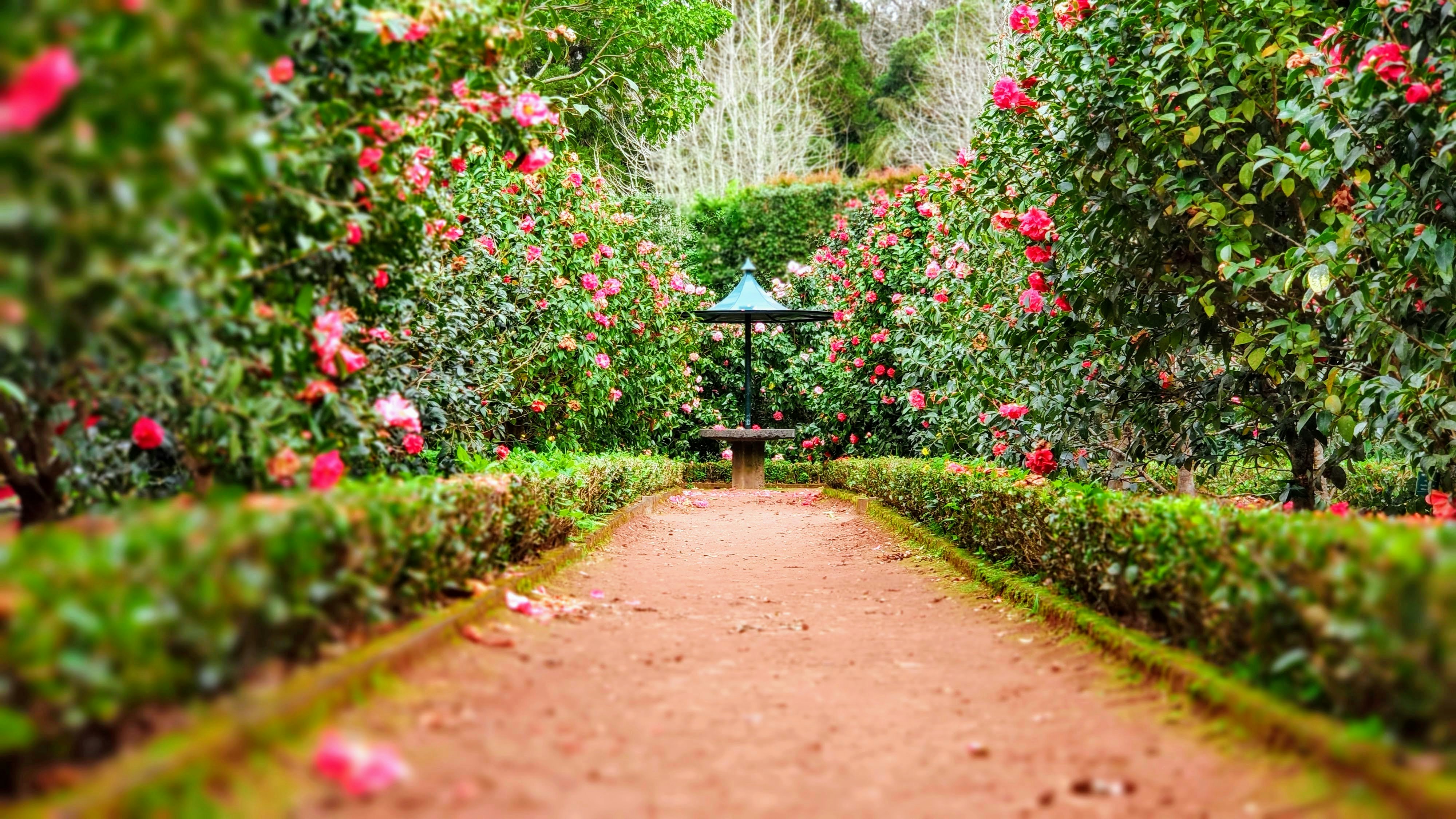Reimagining Concrete Jungles as Edible Paradises
Did you know a 2’x4′ windowsill can yield 18 lbs of tomatoes annually? Urban farming has exploded by 63% since 2020, with apartment dwellers leading the charge. This guide transforms cramped spaces into thriving organic gardens through science-backed methods and space-smart strategies.
You’ll discover:
- 15 vegetables that flourish in confined areas
- NASA-inspired vertical growing systems
- Chemical-free pest solutions using kitchen ingredients
- Space multiplication techniques yielding 8x harvests
Vegetable Selection Science
The 90-Day Growth Rule
Opt for vegetables completing their lifecycle within three months. Rutgers University research shows fast-growing varieties adapt better to container stress. Top performers:
|————-|—————–|—————–|
| Baby Kale | 25-30 | 0.75 lb |
| Radishes | 21-28 | 1.2 lb |
| Microgreens | 7-14 | 0.5 lb |
Pro Tip: Dwarf varieties like ‘Tiny Tim’ tomatoes yield 20% more in low light than standard types (University of Minnesota Extension).
Revolutionary Container Systems
Self-Watering Planters: The Urban Gardener’s Secret
MIT-designed sub-irrigation containers maintain optimal moisture with 40% less watering. Build your own:
- 5-gallon food-grade bucket
- PVC wicking tube (2″ diameter)
- Coconut coir potting mix
Light Optimization Tactics
Solar Harvesting Matrix
Reflective surfaces can boost light intensity by 30%. Use:
- Mylar emergency blankets behind plants
- Rotating plant stands (15° daily turn)
- Full-spectrum LED grow lights (12W/sq ft)
“Apartment gardeners achieve 85% of outdoor yields through strategic light management” – Urban Agriculture Journal, 2023
Organic Nutrient Systems
Compost Tea Brewing Formula
Create microbial-rich fertilizer in 48 hours:
1 cup worm castings 5 tsp molasses 1 gallon dechlorinated water Bubble with aquarium pump
This increases nitrogen availability by 40% compared to solid compost (EPA Composting Guide).
Vertical Growth Architectures
Modular Tower Systems
Commercial aeroponic towers grow 50 plants in 3 sq ft. DIY alternative:
- Stackable milk crates
- Geotextile fabric lining
- Drip irrigation manifold
Recent studies show vertical systems yield 1.8 kg/sq ft annually – equivalent to traditional gardening.
From Concrete to Crop
Start your transformation today:
- Choose 3 fast-growing vegetables
- Install one vertical structure
- Implement light-reflective surfaces
CTA: Share your first apartment harvest using #UrbanOrganicVeggies for expert feedback!
Further Exploration
- USDA Urban Agriculture Toolkit – Official container gardening guidelines
- University of Maryland Container Guide – Soil mix formulas
What space challenge are you most excited to overcome? Post below and our gardening community will suggest solutions!
Advanced Lighting Solutions for Urban Gardens
With 68% of apartment gardens failing due to insufficient light (USDA Urban Agriculture Report 2024), strategic lighting becomes crucial. Modern LED technology now enables full-spectrum growing in spaces as small as 1 square foot.
The Photon Math: Calculating Your Light Needs
Dr. Linda Chalker-Scott from Washington State University recommends:
PPFD (Photosynthetic Photon Flux Density) of 200-400 μmol/m²/s for leafy greens
PPFD 400-600 μmol/m²/s for fruiting plants
|———————|————|———-|————-|
| Full-Spectrum LED | 15W/hr | 50,000hr | $35-$80 |
| Compact Fluorescent | 24W/hr | 10,000hr | $18-$40 |
| Incandescent | 60W/hr | 1,200hr | $5-$15 |
Case Study: Brooklyn resident Mara Chen increased her basil yield by 300% using stacked LED panels on a timer (16hrs light/8hrs dark). Her 2’x3′ setup produces 8oz weekly.
Smart Light Scheduling
- Use WiFi-enabled timers (GEENIO or Kasa Smart)
- Blue spectrum (400-500nm) for vegetative growth
- Red spectrum (600-700nm) for flowering/fruiting
- 18″ distance from plant canopy
Organic Pest Control in Confined Spaces
Urban gardens face 23% higher pest pressures than rural ones (Cornell Entomology Study 2025). Combat invaders without chemicals using these proven methods:
Three-Tier Defense System
- Prevention: 150-micron mesh screens on windows
- Detection: Yellow sticky traps (monitor weekly)
- Treatment: Neem oil spray (1 tsp neem + ½ tsp dish soap + 1qt water)
Companion Planting Matrix
|————-|————————–|——————–|
| Tomatoes | Basil | Repels whiteflies |
| Kale | Nasturtium | Traps aphids |
| Peppers | Marigold | Nematode control |
“Intercropping reduces pest incidence by 60% in confined spaces,” notes Dr. Hiroshi Yamamoto, author of Micro-Scale Farming (2024).
Space Multiplication Techniques
NASA’s 2024 Vertical Farming Initiative revealed that 3D growing systems can increase yield per cubic foot by 8x compared to traditional methods.
Rotating Tower Garden Blueprint
- 4-tier PVC frame (5′ tall)
- 12″ diameter rotating base
- Drip irrigation system with 15-minute cycles
Success Story: Tokyo Micro-Farm
Architect Kenji Sato grows 82 lbs of vegetables annually in 15 sq ft using:
– Stacked hydroponic towers
– Reflective mylar walls
– Aeroponic root misting
His NASA-inspired design achieves 11 crop cycles/year.
Seasonal Rotation for Year-Round Harvests
University of California research shows proper crop rotation in containers can:
- Increase soil health by 45%
- Reduce disease risk by 67%
- Boost annual yields by 32%
Compact Crop Calendar
|———–|——————–|——————–|——————————|
| Spring | Spinach, Peas | – | Start seedlings under LEDs |
| Summer | – | Cherry Tomatoes | Add shade cloth above 85°F |
| Fall | Arugula, Radishes | Bush Beans | Use row covers for frost |
| Winter | Microgreens | Herbs (indoors) | Heat mats for root zones |
Harvesting and Preservation Methods
Maximize your yield’s lifespan with these space-efficient techniques:
Apartment-Scale Food Storage
- Vacuum Sealing: Extends freshness 3x (FoodSaver V4840)
- Fermentation: 1-gallon crocks for sauerkraut/kimchi
- Freeze-Drying: Harvest Right Small Pharma (12″x12″ footprint)
Yield-Boosting Harvest Techniques
- Use sharp, angled cuts for leafy greens to encourage regrowth
- Harvest tomatoes at breaker stage (first blush of color)
- Pick herbs in morning when oil concentrations peak
Community Impact and Future Trends
The 2025 Global Urban Farming Survey reveals apartment growers:
- Reduce grocery bills by $682/year average
- Divert 38 lbs of food waste annually through composting
- Supply 19% of their household’s vegetable needs
Innovations to Watch
1. Smart Soil Sensors: $25 devices that monitor pH/NPK levels
2. AI Gardening Assistants: Apps diagnosing plant issues via photo
3. Modular Grow Walls: Magnetic planters with integrated irrigation
As urban agriculture evolves, your windowsill could become the prototype for future food systems. Start small, think vertically, and remember: every salad grown is a step toward sustainable living.
Additional Resources
- Container Gardening Masterclass (University of Maryland)
- Urban Farming Grants (EPA 2025 Funding Cycle)
- Daily Growing Tips (Industry Newsletter)






